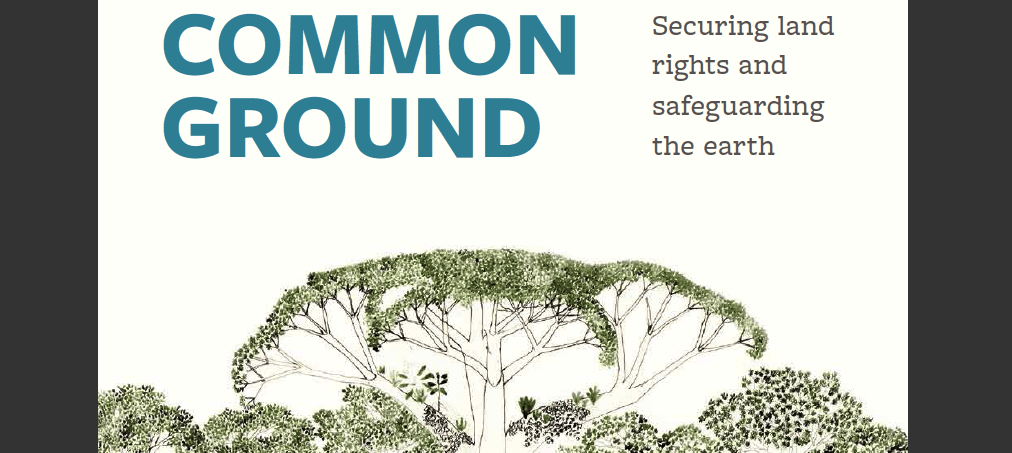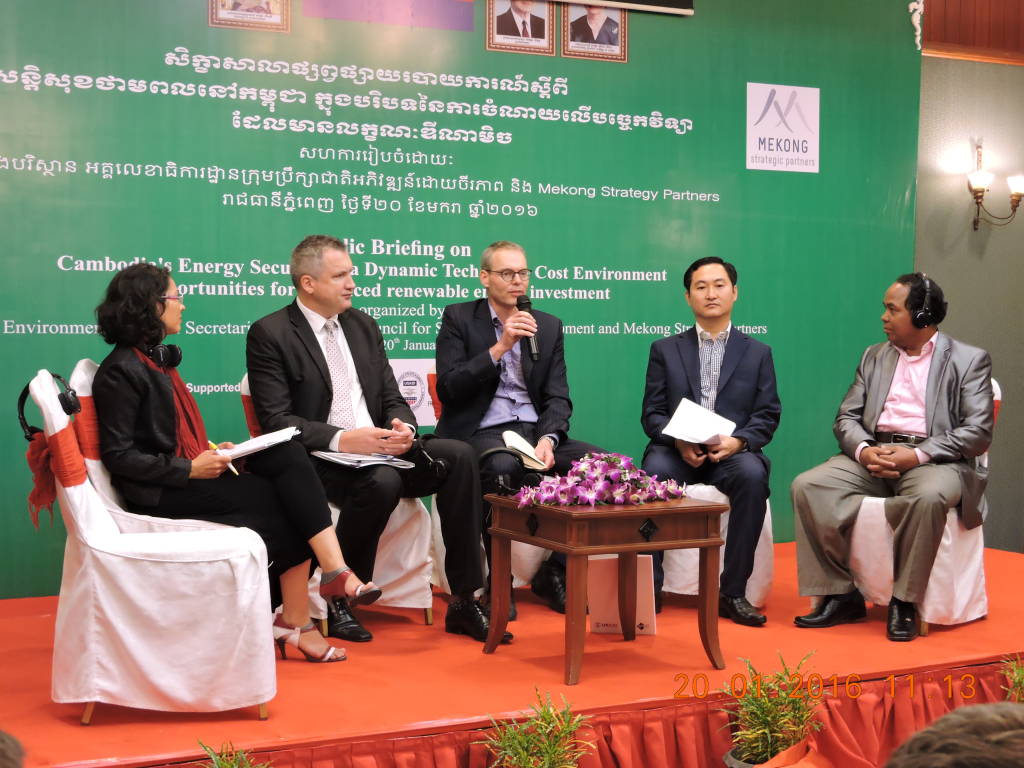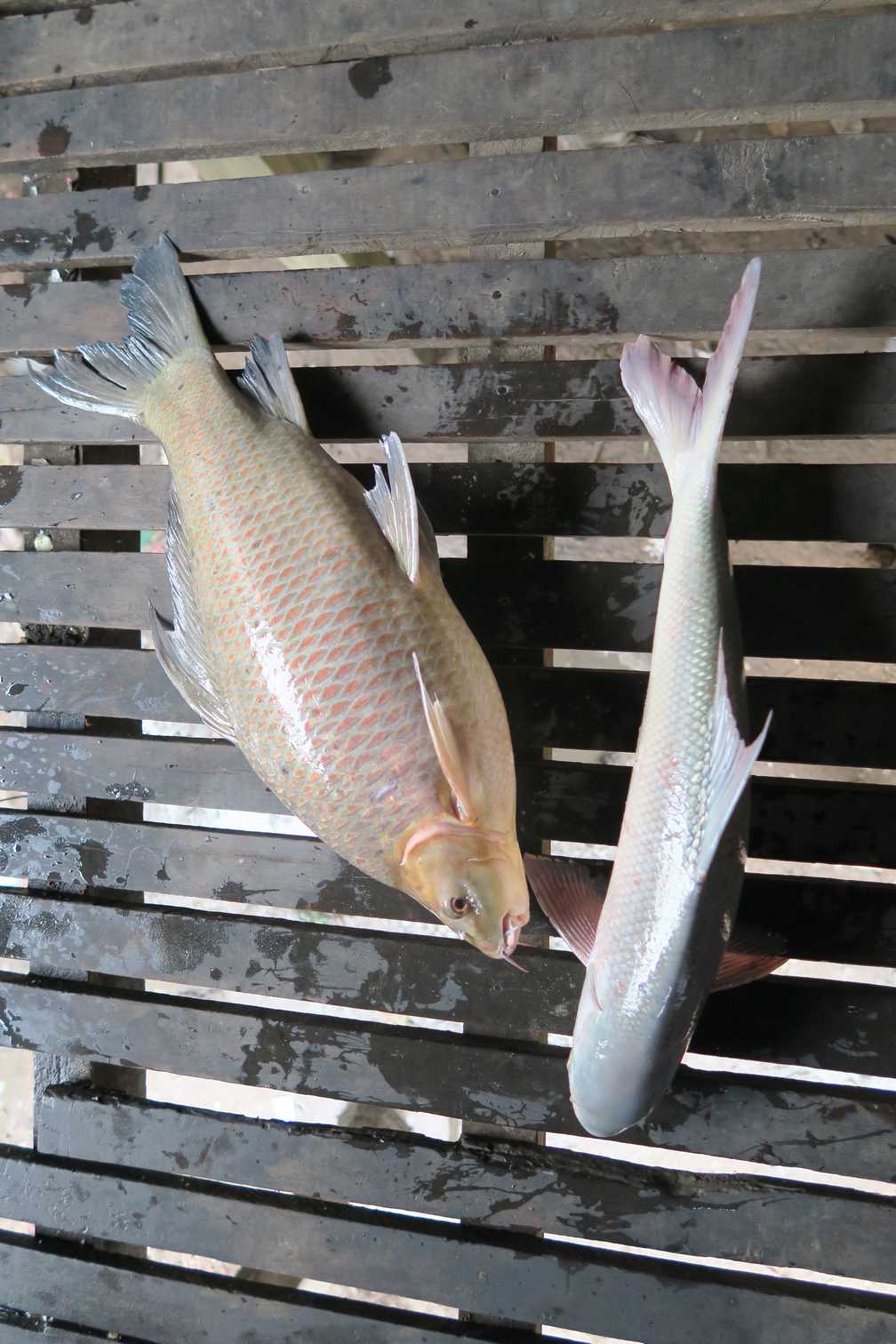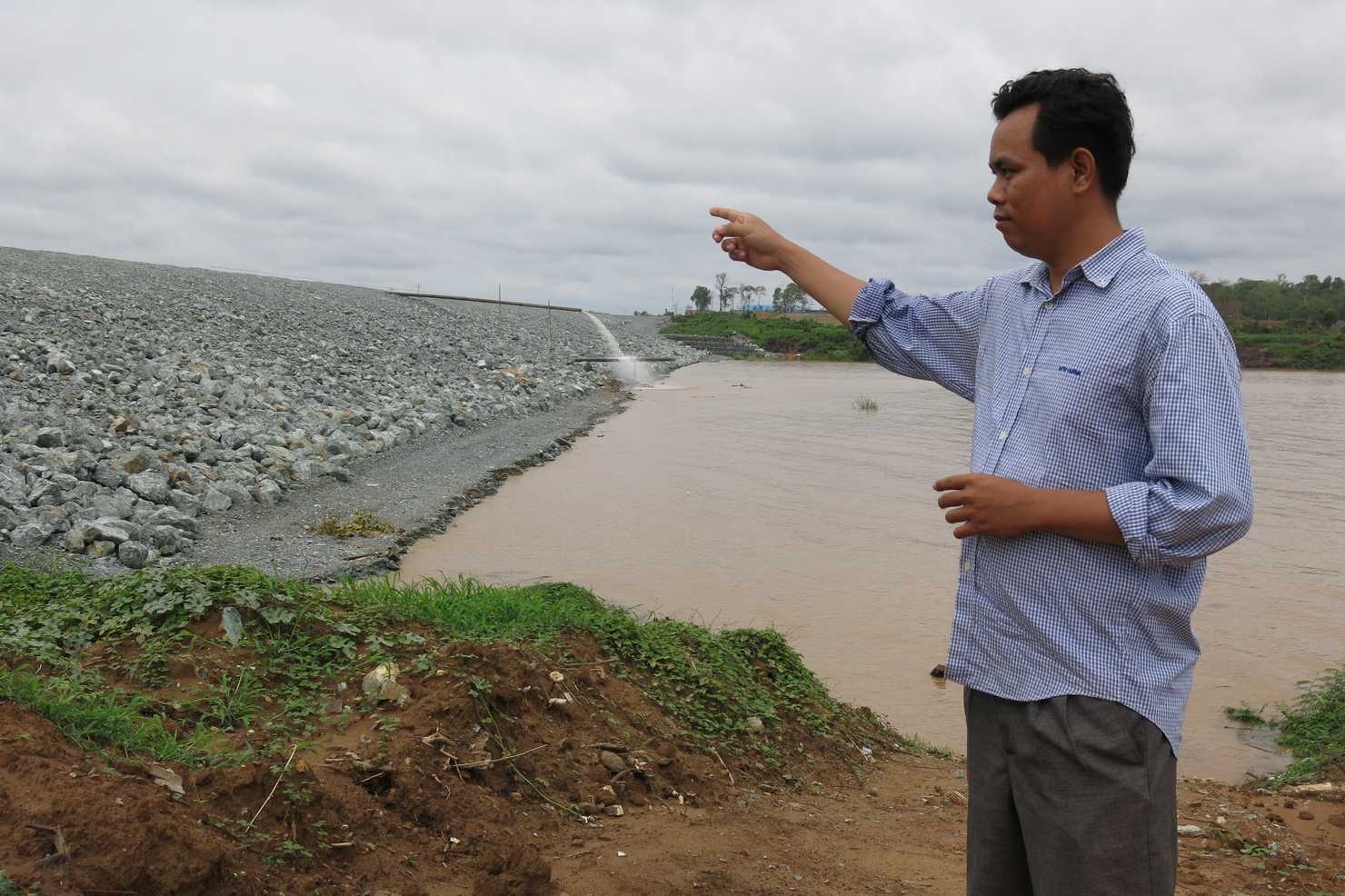On a chilly January morning, wearing just a t-shirt and a pair of jeans, 19-year-old Naing Naing Win rode his family’s old Honda 125cc motorbike along a dusty, sandy road. His destination was Mayin Gyi village, about half an hour from his village of Thit Toe Tauk, Tanintharyi Region, Myanmar. As a youth living near a planned massive industrial zone, he knew that the days of riding his old bike along dusty, undeveloped roads might be limited.
Naing Naing Win is a second year student from Dawei University majoring in English. Like other youths in the area, he has both worries and hopes about what the Dawei Special Economic Zone (DSEZ) will bring to his community. But he’s eager to be part of the process. He made that chilly morning motorcycle ride to attend a Community Research Training in Mayin Gyi, which he saw as a potential step toward engaging the company and government to make sure the project benefits local communities.







